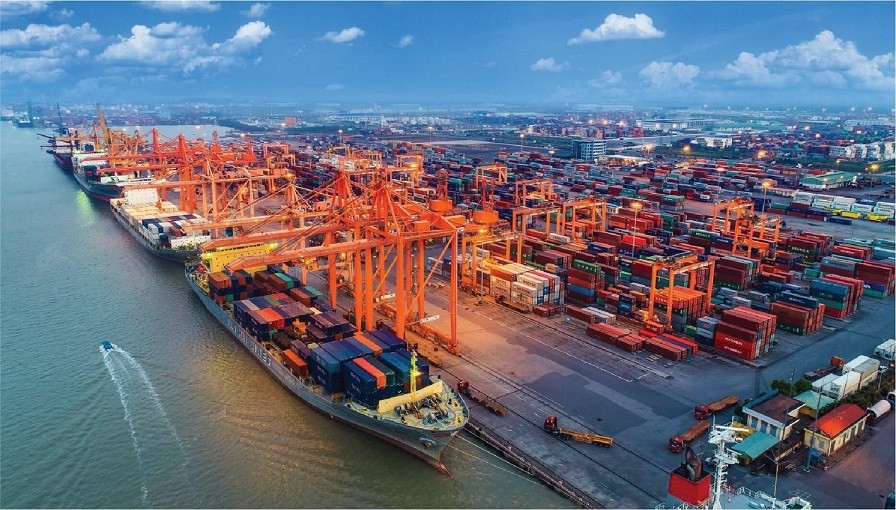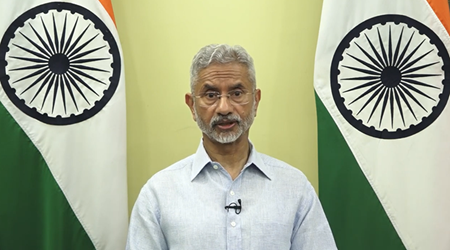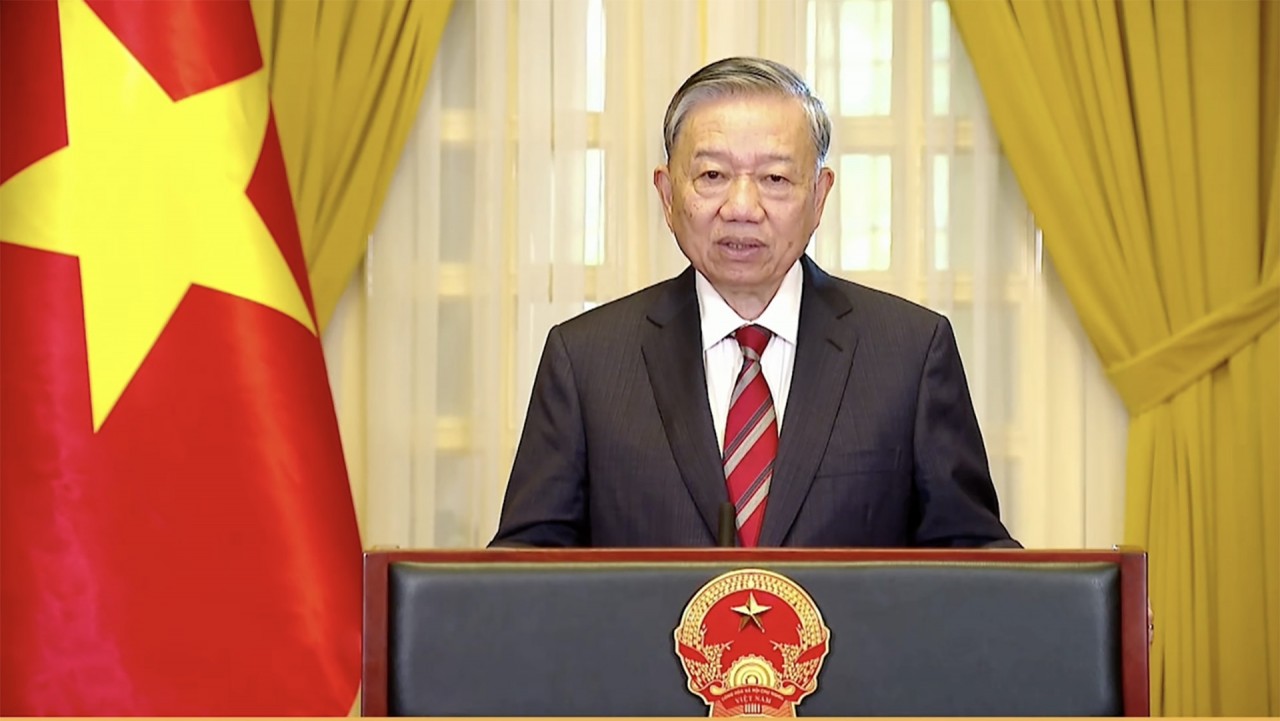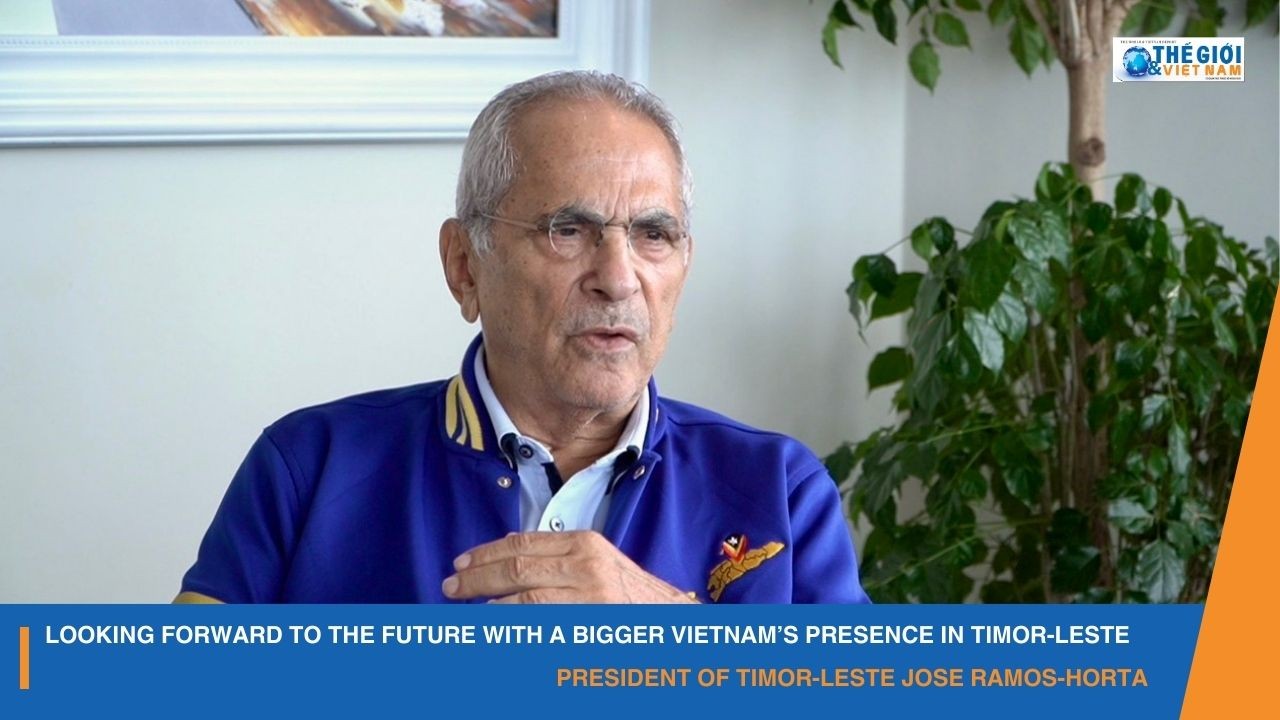
Legal experts underscore peaceful settlement of disputes in East Sea
Latest
| TIN LIÊN QUAN | |
| ASEAN, India back maintaining peace in East Sea | |
| ASEAN, China officials debate recent developments in East Sea | |
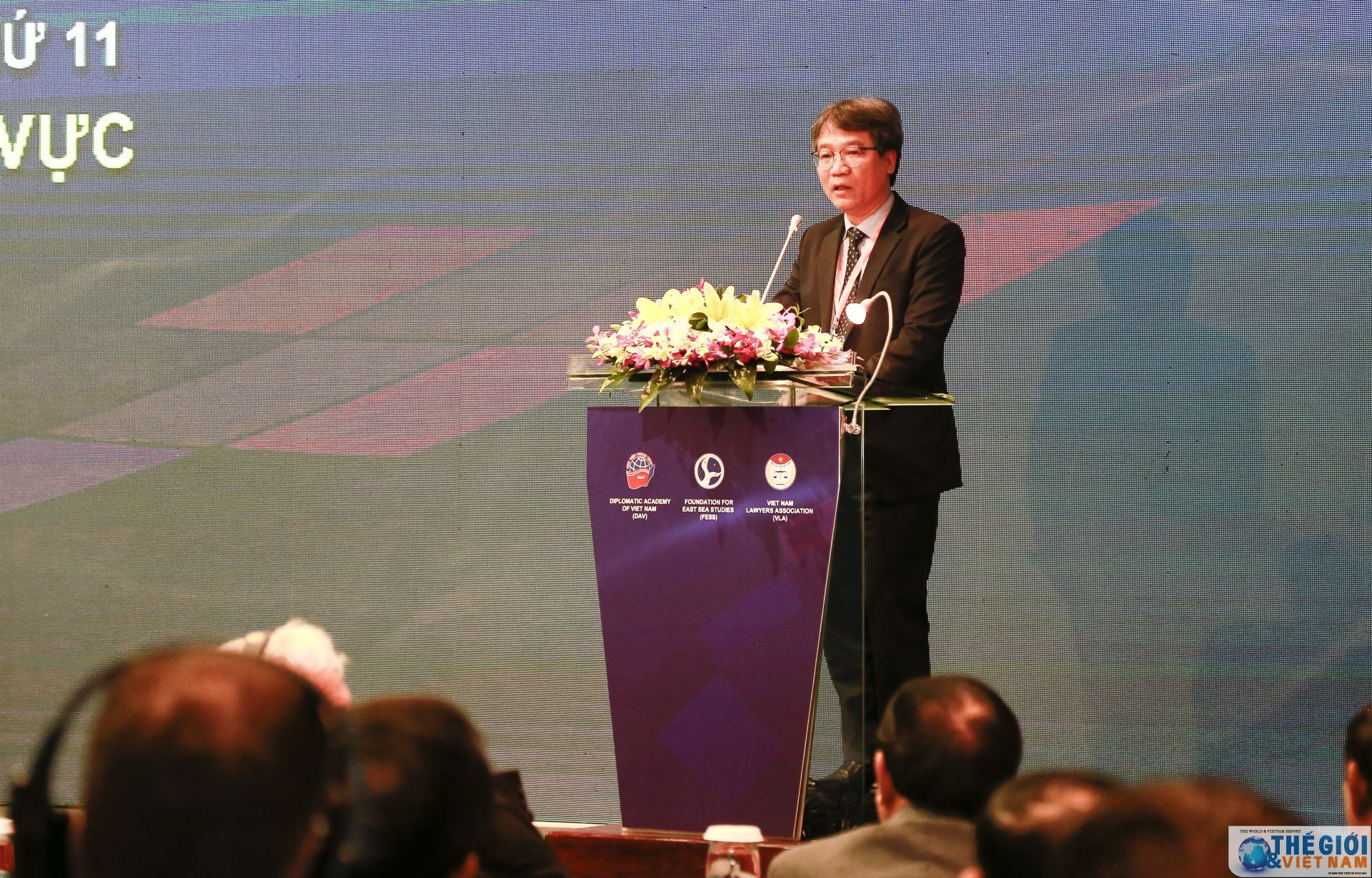 |
| President of the Diplomatic Academy of Vietnam (DAV) Nguyen Vu Tung. (Photo: Trung Hieu) |
In his remarks, Dr. Bill Hayton, Associate Fellow of the Asia-Pacific Program, the UK, hailed Vietnam’s annual hosting of the event, which he said has contributed significantly to regional peace and stability.
Hayton said that the subjects of the discussions have become more sophisticated and practical. The event evaluated the latest developments and sought measures to resolve conflicts and augment cooperation in the East Sea and other areas.
Dr. Hoang Ngoc Giao, Director of the Institute for Policy, Law and Development Studies, said Vietnam and other ASEAN member states need to reach a consensus on finalizing a Code of Conduct in the East Sea with China (COC).
"We all know that a Declaration on the Code of Conduct (DOC) of Parties in the East Sea has been signed for years but it remains a Declaration with a symbolic meaning but no obligations. The DOC principles and Code of Conduct will be complied with only if all parties are willing to do so. It’s a pity that China has carried out unilateral actions that violate DOC principles. China has obviously tarnished its image by not honoring its own commitments, and those actions by China must be publicized,” he said.
During the two-day conference themed “Cooperation for regional security and development”, domestic and foreign delegates discussed a host of issues relating to the East Sea such as the 1982 UNCLOS, the Declaration on the Conduct of Parties in the South China Sea (DOC), the underway planned Code of Conduct in the South China Sea (COC) and other bilateral and multilateral agreements and treaties.
According to President of the Diplomatic Academy of Vietnam (DAV) Nguyen Vu Tung, participants stated that despite facing challenges, multilateralism persists especially in issues regarding the East Sea. Multilateralism and the world’s order would confront bigger challenges if international law, including the 1982 UNCLOS, was not fully respected.
They described China as the biggest claimant in the East Sea and an emerging power in the region and the nation is destined to be the biggest stakeholder in the settlement of disputes in the waters, Tung said.
The focus of the conference was also on competition among world powers in the region and behaviour and activities of major stakeholders such as the US, Japan, the Republic of Korea, India, Australia, New Zealand and the European Union.
The 11th South China Sea International Conference was co-hosted by the Diplomatic Academy of Vietnam, the Foundation for East Sea Studies (FESS) and the Vietnam Lawyers Association (VLA) with around 50 speakers and 250 officials, scholars and diplomats of Vietnam and foreign countries in attendance.
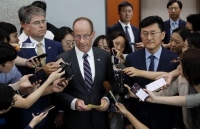 | US diplomat condemns China over militarisation in East Sea David Stilwell, Assistant Secretary of State for the Bureau of East Asian and Pacific Affairs, cited Chinese “repeated illegal actions and militarisation” in the South ... |
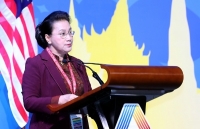 | Top legislator raises East Sea issue at AIPA 40 National Assembly Chairwoman Nguyen Thi Kim Ngan called upon relevant sides to exercise self-restraint; avoid militarization; and fully comply with Declaration on the Conduct of Parties in the East Sea (DOC). |
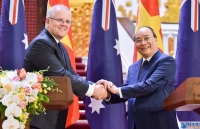 | Vietnam, Australia express serious concerns over developments in East Sea Prime Minister Nguyen Xuan Phuc and Australian counterpart Scott Morrison expressed their serious concerns over the recent developments, including militarization and hindrance of oil exploitation projects, ... |










